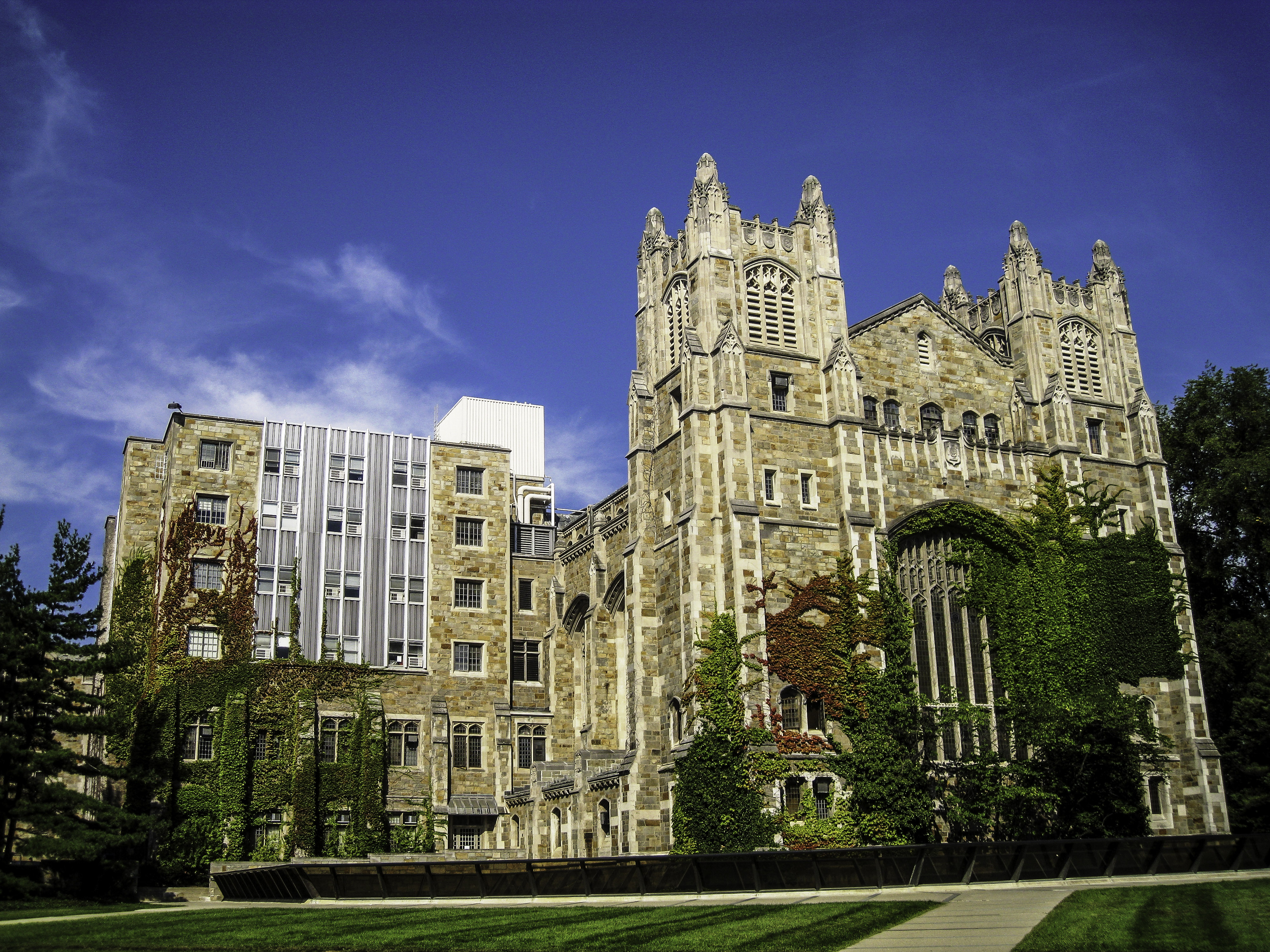On September 23, the United States’ Sixth Circuit Court of Appeals amplified an already contentious dispute over whether or not colleges are restricting free speech. Early last spring, interest group Speech First alleged that a University of Michigan program was, in fact, violating First Amendment principles. In siding with the interest group, the Court quashed a mechanism which might have punished inflammatory speech.
The Bias Response Team was founded in 2011 to serve as a resource for students affected by incidents of biased encounters. They were intended only to be advisors authorized by the voluntary consent of the afflicted. Within their prerogative exists the chance to file a complaint with the University or the police department.
There is a fine line which must be walked in the policies of education. Universities should strive to protect our students while also challenging them to escape their comfort zones and listen to dissident voices.
The majority opinion of the circuit court was skeptical that the Team’s influence was merely restricted to providing inconsequential resources. In reality, they are able to refer students to campus police, the Office of Student Conflict Resolution (OSCR), or mental health services. This referral, according to the verdict, could restrict free speech, because it, “initiates the formal investigative process,” creating a chilling effect on freedom of speech at the University of Michigan. Even though it may not result in criminal prosecution for the targets of the complaint, the fact that such scrutiny is enmeshed within University procedure may chill the full range of opinions which can be expressed.
There is a fine line which must be walked in the policies of education. Universities should strive to protect our students while also challenging them to escape their comfort zones and listen to dissident voices. It is a contradiction which goes back to the founding of liberal democracies. It is also a contradiction which yields great discovery.
The emergent debate over the freedom of debate is a telling signal of the division within our Union. Conservative voices from Jordan Peterson to Niall Ferguson deplore perceived liberal bias within academia. They find that allegations of discrimination are limiting debate because they are thrown around heedlessly to discount opponents. These same voices also lambast so-called ‘safe spaces’ where students go to be free from intolerant voices — of which conservatives are sure they’re considered.
It is when an incredulous free society tires of these deceptions that we turn to censorship. Rather than hope for a consensus and its execution, we default to authority as for who deserves a voice and who does not.
The frustration with our discourse seems to be that emphatically delusional arguments obscure reality, which prevent us from reaching obvious conclusions. Take the gun debate. I firmly believe in the tempered use of guns for hunting, history, hilarity, and protection. While many conservatives claim this to be the motivation for their position, it is now clear that others have more selfish designs. The National Rifle Association has for decades legally bribed their way into the halls of Congress. Their efforts still prevent common sense background checks which more than 85% of Americans want. Most of the remaining arguments to avoid this popular mandate are made in bad faith: that liberals want to abolish American tradition and that more guns solve the problem of unrestricted gun ownership.
Free speech allows for all ideas: the ones which strive to help people and the ones that feign morality to conceal selfishness. It is when an incredulous free society tires of these deceptions that we turn to censorship. Rather than hope for a consensus and its execution, we default to authority as for who deserves a voice and who does not.
It comes as no surprise that we arrive at this reaction. But the answer lies not in selecting for one perspective’s idea of the correct speech, it lies in our ability to channel our speech. Neither in the gun debate, nor in the climate discussion, nor in the results of our tax brackets are the voices of the people accurately respected. Too often, the people are not failing to honor democracy; democracy is failing to honor the people.
What the ruling gets at is that by allowing punitive responses to a claim of bias, we are enabling a mechanism to silence others on our campus. Though the administration should provide support to people who feel aggrieved, I doubt their ability (along with all others) to remain impartial and non-ideological when wielding disciplinary power. It risks relinquishing the power of final judgement: a power which must reside exclusively with the public.
We may dispute every passion of the present, but what is not up for discussion is the ability to do so.
While we would do well to respect the moral consistency preserved by the Sixth Circuit, we should realize that this does not hold across the country. The de-facto leader of modern conservatism shuns open debate, calling the press the enemy of the people. We should also recognize that not every progressive push is misguided. Safe spaces have the potential to expand the limits and diversity of debate. Conservatives who feel marginalized on liberal campuses should recognize a gift when it’s handed to them.
We may dispute every passion of the present, but what is not up for discussion is the ability to do so. Long have we labored to arrive at our still blurry grasp of the world. In peering through the gloom, I hope that we observe, yes, our problems are miles wide — but not so deep as we think.
